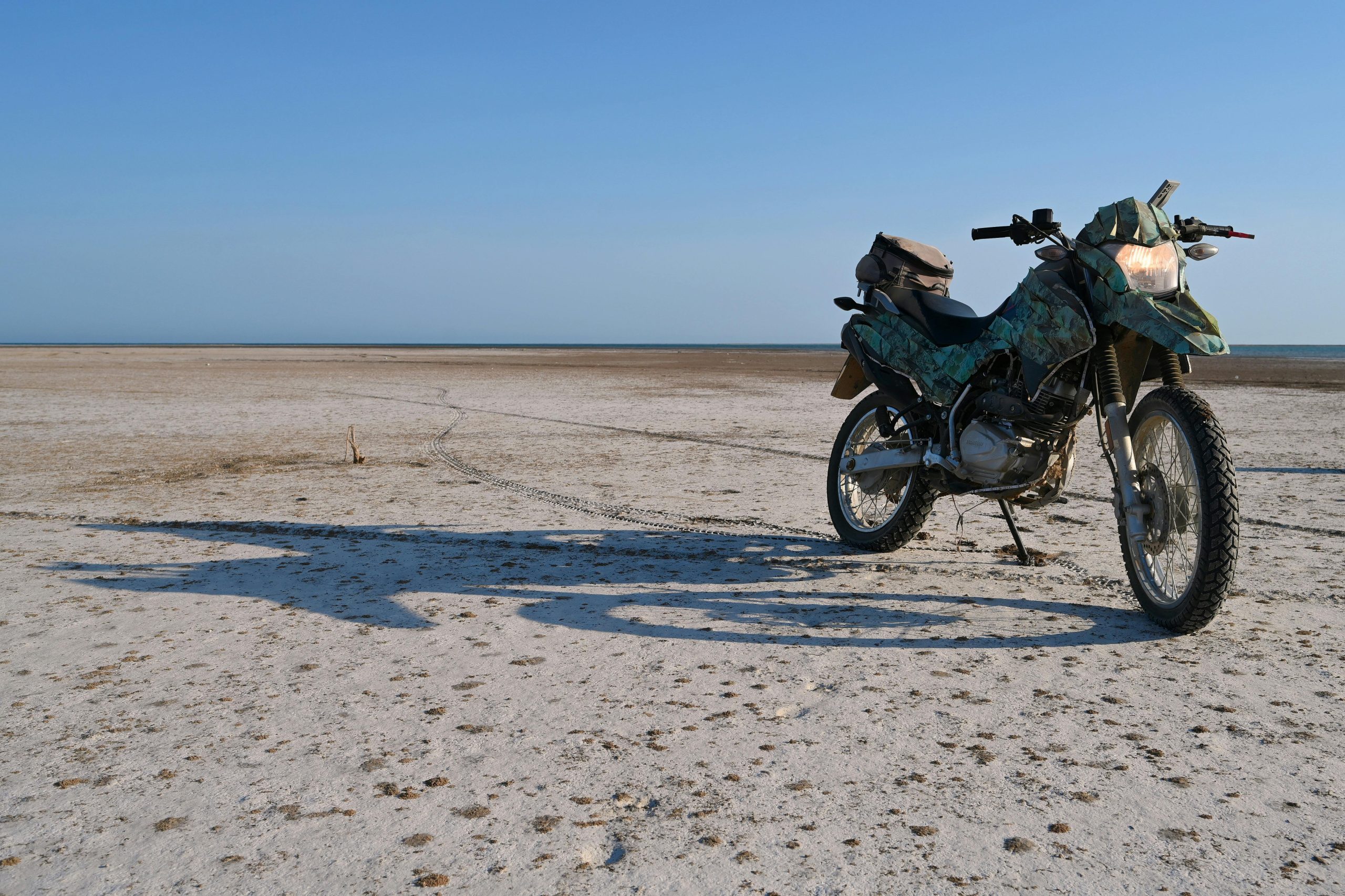Understanding Your Rights After an Unattended Vehicle Accident: A Guide for Property Owners
In everyday life, unfortunate incidents can happen unexpectedly, even within our own driveways. Recently, a scenario unfolded that highlights the importance of understanding liability and insurance coverage when two parked vehicles collide, especially in private residential settings.
The Situation:
A homeowner in Wayne County, Michigan, experienced an unusual incident involving two parked vehicles. The homeowner’s 2017 Ford Expedition was stationary in the driveway when a family member’s vehicle unexpectedly moved and struck it. The family member, a 20-year-old working on a classic Ford F100 truck, had parked his vehicle uphill from the Expedition. After exiting his truck, which was properly licensed and insured, the vehicle’s door was shut. However, it inadvertently popped out of park and rolled backwards, hitting the front corner of the homeowner’s Expedition.
The damages were significant—damage to the bumper, headlight, and possibly other components, as well as a flat tire. The owner estimates repairs could exceed the vehicle’s insured value of approximately $12,000 to $14,000. Conversely, the other vehicle incurred only minor scratches.
Insurance and Liability Considerations:
Given that the vehicle was temporarily unoccupied, questions arise regarding liability and insurance coverage:
-
Who is at fault?
Since the vehicle was out of the owner’s control when it moved, liability may depend on whether proper parking procedures were followed and if mechanical issues contributed. -
Homeowner’s Insurance Coverage
Typically, homeowner’s policies do not automatically cover damages caused by parked vehicles unless specific coverage is included. It’s worth reviewing the policy terms to determine if such incidents are covered or if separate auto coverage is needed. -
Auto Insurance Coverage
Broadened collision or comprehensive coverage options can often handle damages resulting from unattended vehicles. With a $1,000 deductible, the homeowner can assess whether filing a claim is financially advantageous, especially considering past claims and rate implications. -
Is the Incident Considered a “Act of God” or Random Act?
Mechanical failures, like the car rolling out of gear, generally aren’t classified as acts of nature. If mechanical failure was the cause, it might influence liability and insurance claims.
Financial Implications:
Assessing the long-term financial impact involves weighing repair costs, insurance premium changes, and the possibility of pursuing claims if there’s clear fault. The vehicle owner has noted previous at-fault incidents, which could influence insurance considerations



